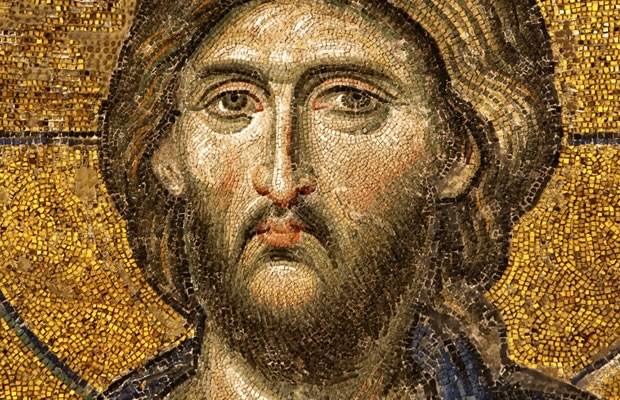The discussion of the death of Jesus in Islamic exegetical tradition focuses on four key passages in the Qur’an: Surahs 3:55, 4:157, 5:117, and 19:33. Three of these passages seem to clearly indicate the death of Jesus and they associate Jesus with multiple Arabic verbs meaning “to die” (mutawafikka, tawaffayantani, and amutu). The fourth passage (Al-Nisa 4:157), however, tells us that it “was made to appear” that Jesus died, but “they did not kill him for certain.” Based on these four passages, a number of theories have been developed on the death of Jesus. The first theory suggests that Jesus did not die, but that someone who may have looked like him took his place on the cross. The second theory supposes that Jesus did not die, but merely fell asleep (or temporarily lost consciousness) on the cross. Other theories suggest that Jesus died only in a physical sense or that he did not die, but was “seized” by God. Finally multiple Islamic exegetical traditions propose the possibility of the real, literal death and resurrection of Jesus Christ. The fact that the death and resurrection of Jesus Christ is a legitimate interpretation of the Qur’an indicates that there is room for more Christian-Muslim dialogue and discussion on the death of Jesus. The subject may even prove a major bridge to reach Muslims with the gospel of Jesus Christ.
“multiple Islamic exegetical traditions propose the possibility of the real, literal death and resurrection of Jesus Christ.”
There is an abundance of biblical and extra-biblical evidence for the historical crucifixion and death of Jesus Christ. This includes eye-witness and historical accounts, medical evidence, Old Testament prophecy, and Jesus’ own statements. Indeed outside of the Muslim world, there do not be seem to be any scholars whatsoever who deny the death of Jesus. This is partly because death is considered a natural human experience and also because the evidence for the crucifixion of Christ is so overwhelming. The reason for the mainstream Muslim rejection of the cross, does not seem to be scientific or historical but rather theological. According to Islam, a true prophet of God cannot be defeated by his enemies. For Muslims, the cross is a symbol of violent defeat, humiliation, embarrassment, and shame. The cross was the sign of the crusaders who invaded and killed the Muslim faithful. The cross cannot be from God, it must be a deception, an evil lie.
In contrast, for Christians, the cross is the ultimate symbol of God’s love and victory. It is only through the cross of Jesus Christ that we can understand the depth and meaning of God’s love. It is in the cross that we see sin, sacrifice, forgiveness, and salvation. It is in the empty cross that God’s resounding victory is clearly depicted. Death has been defeated, the power of God has destroyed it forever, Jesus Christ has experienced death and risen again. This Friday, as we remember the death of Jesus, we find an opportunity for honest dialogue about the meaning and significance of the cross. What does the cross mean to you?



